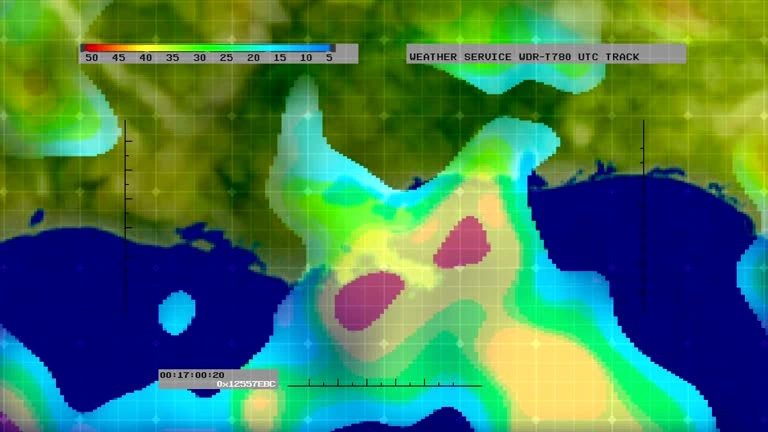Course Overview
This course on Monitoring and Evaluation (M&E) for Humanitarian Projects is designed to equip professionals with the skills and knowledge necessary to effectively manage and evaluate humanitarian programs. Participants will learn how to design M&E frameworks, implement monitoring plans, conduct evaluations, and use data to improve program outcomes. The course focuses on real-world applications, including the challenges and opportunities unique to humanitarian settings, such as conflict zones, disaster response, and displacement contexts. Through a mix of theoretical knowledge and practical exercises, participants will gain a comprehensive understanding of M&E practices in humanitarian environments.
Course Duration
5 Days
Who Should Attend
- Humanitarian aid workers and project managers
- M&E officers and specialists
- Program coordinators and planners
- NGO staff involved in project implementation
- Government officials working in disaster response and humanitarian aid
- Professionals transitioning into the humanitarian sector
Course Objectives
By the end of this course, participants will be able to:
- Understand the unique challenges and complexities of M&E in humanitarian contexts
- Design and develop effective M&E frameworks for humanitarian projects
- Collect and manage high-quality data in challenging environments
- Analyze humanitarian data to inform decision-making
- Utilize M&E findings to improve humanitarian program performance
- Communicate M&E results effectively to various stakeholders.
Course Outline:
Module 1: Introduction to Humanitarian M&E
- The humanitarian context and the role of M&E
- Key challenges and principles of M&E in humanitarian settings
- The M&E cycle in humanitarian response
Module 2: Designing M&E Frameworks for Humanitarian Projects
- Developing a logical framework for humanitarian interventions
- Identifying relevant indicators for humanitarian programs
- Designing data collection tools for humanitarian contexts
- Sampling techniques for humanitarian data collection
Module 3: Data Collection and Management in Humanitarian Settings
- Data collection methods for humanitarian emergencies
- Data quality assurance and control in challenging environments
- Data management and analysis tools for humanitarian data
Module 4: Evaluation Methods for Humanitarian Programs
- Types of humanitarian program evaluations
- Rapid assessments and needs assessments
- Impact evaluation in humanitarian contexts
- Cost-effectiveness analysis in humanitarian aid
Module 5: Using M&E for Humanitarian Program Improvement
- Learning from M&E for improved humanitarian response
- Communicating M&E findings for decision-making
- Advocacy and policy influence using M&E
- Building M&E capacity in humanitarian organizations
Customized Training
This training can be tailored to your institution needs and delivered at a location of your choice upon request.
Requirements
Participants need to be proficient in English.
Training Fee
The fee covers tuition, training materials, refreshments, lunch, and study visits. Participants are responsible for their own travel, visa, insurance, and personal expenses.
Certification
A certificate from Ideal Sense & Workplace Solutions is awarded upon successful completion.
Accommodation
Accommodation can be arranged upon request. Contact via email for reservations.
Payment
Payment should be made before the training starts, with proof of payment sent to outreach@idealsense.org.
For further inquiries, please contact us on details below:






